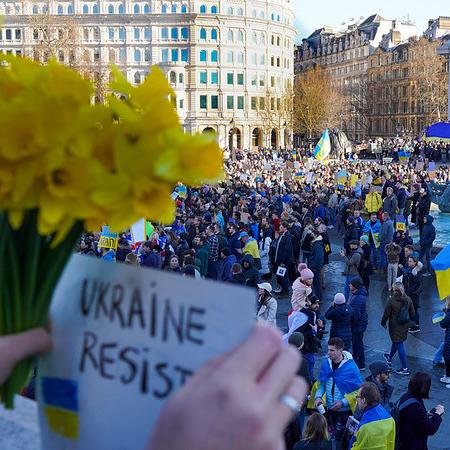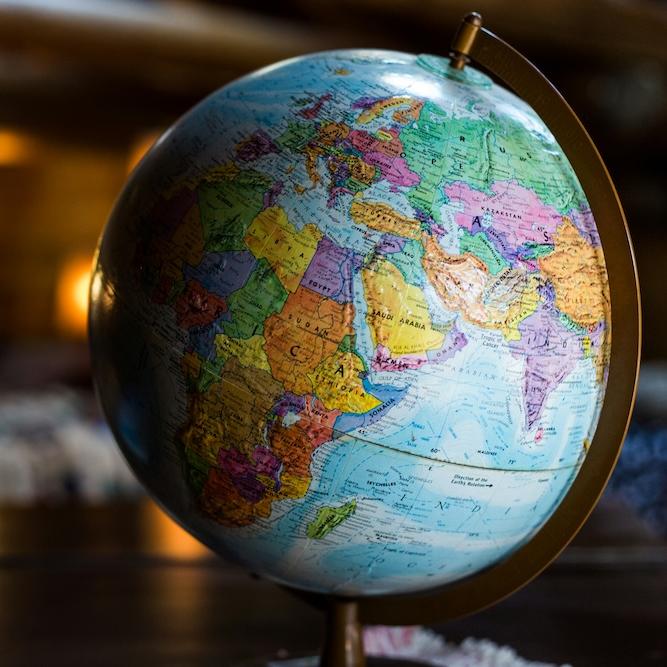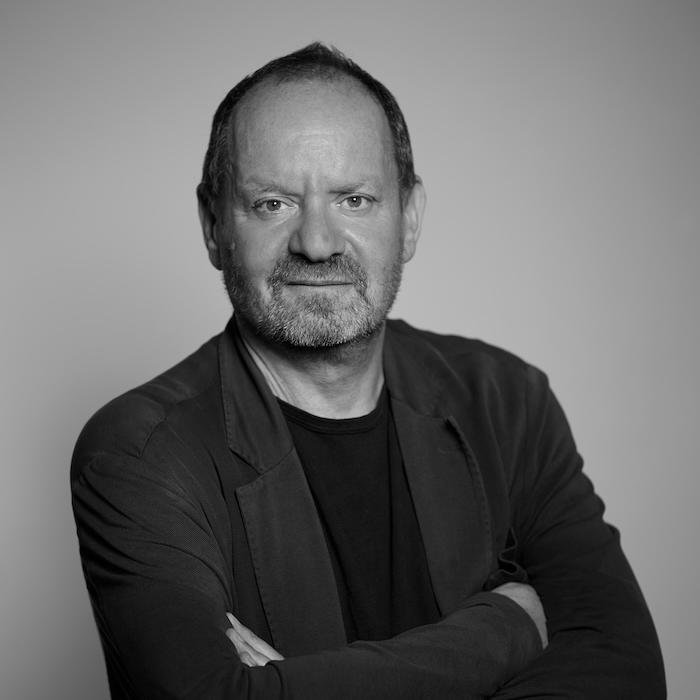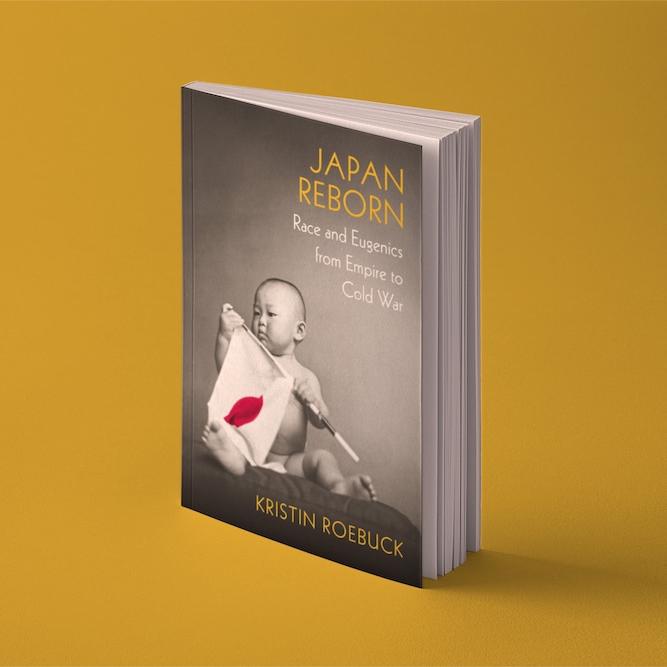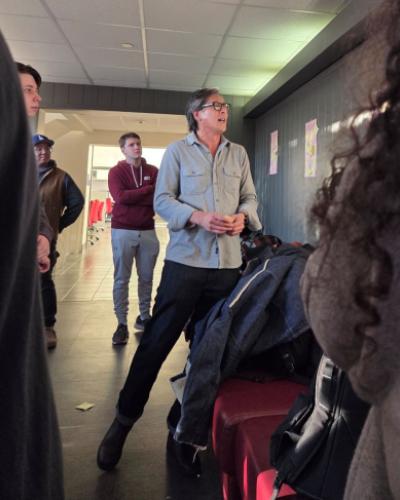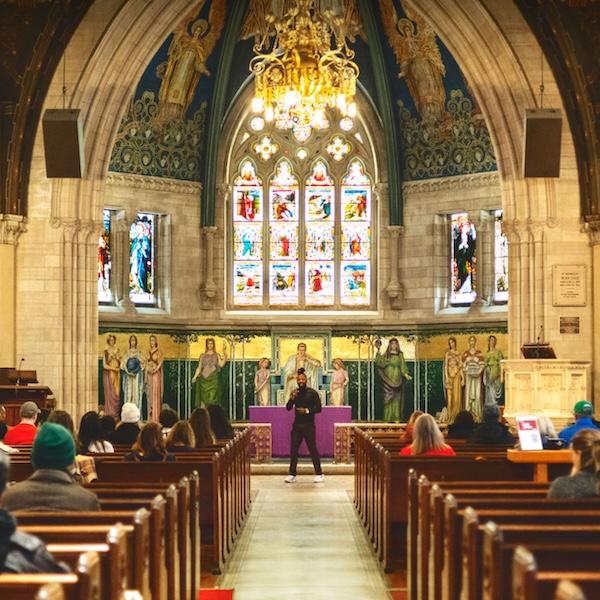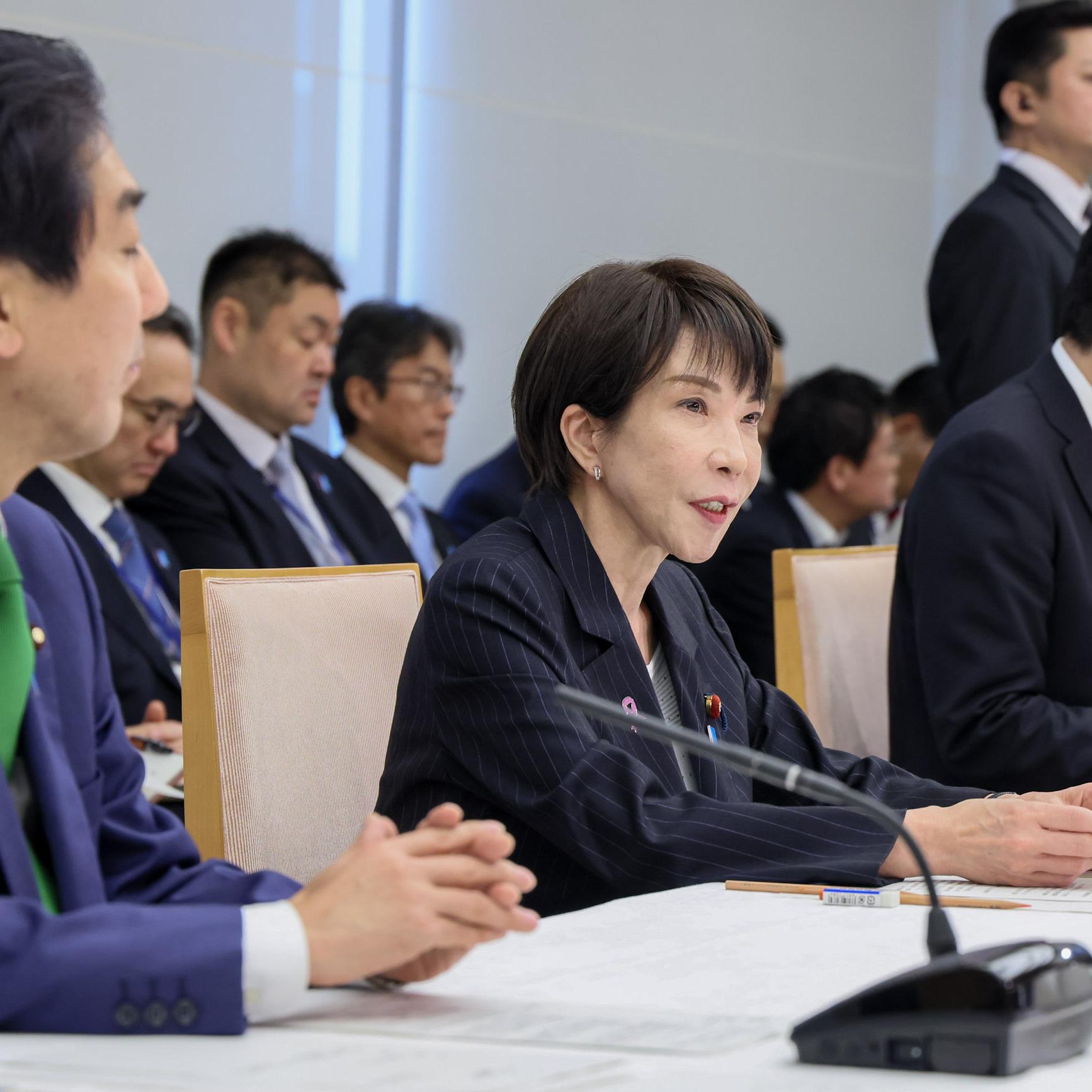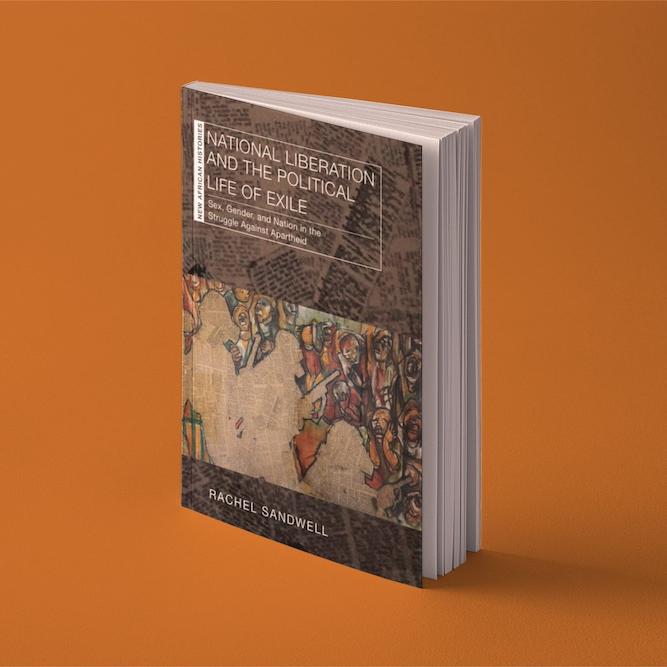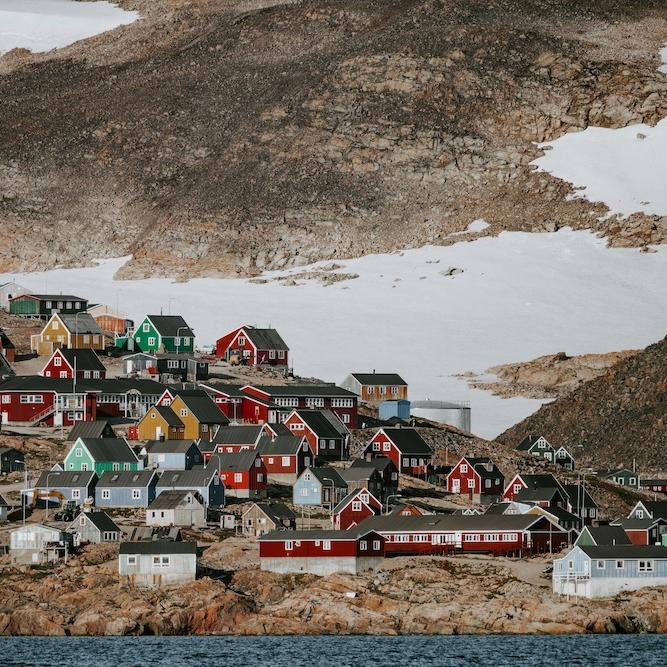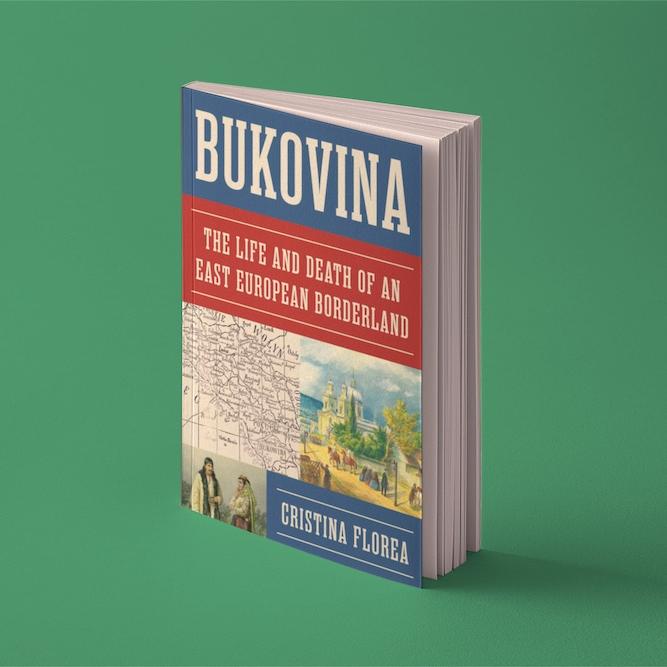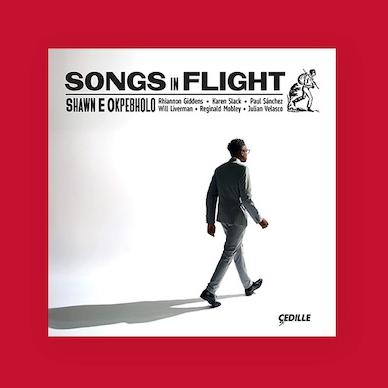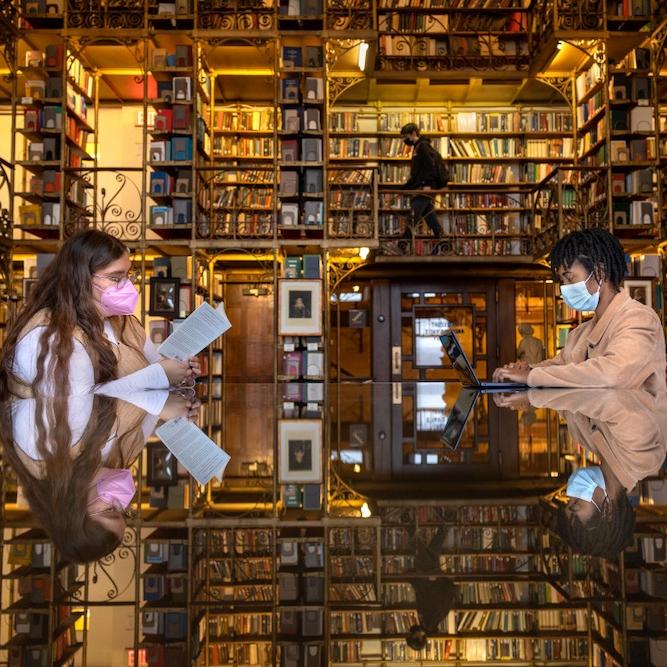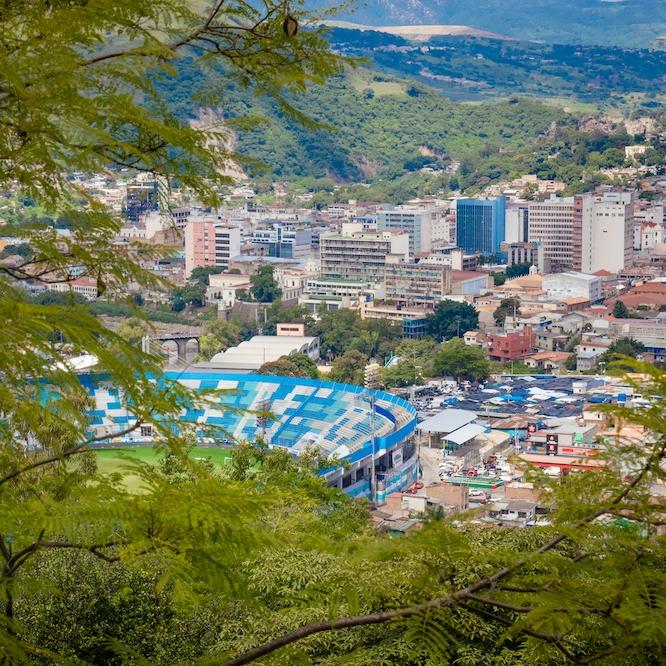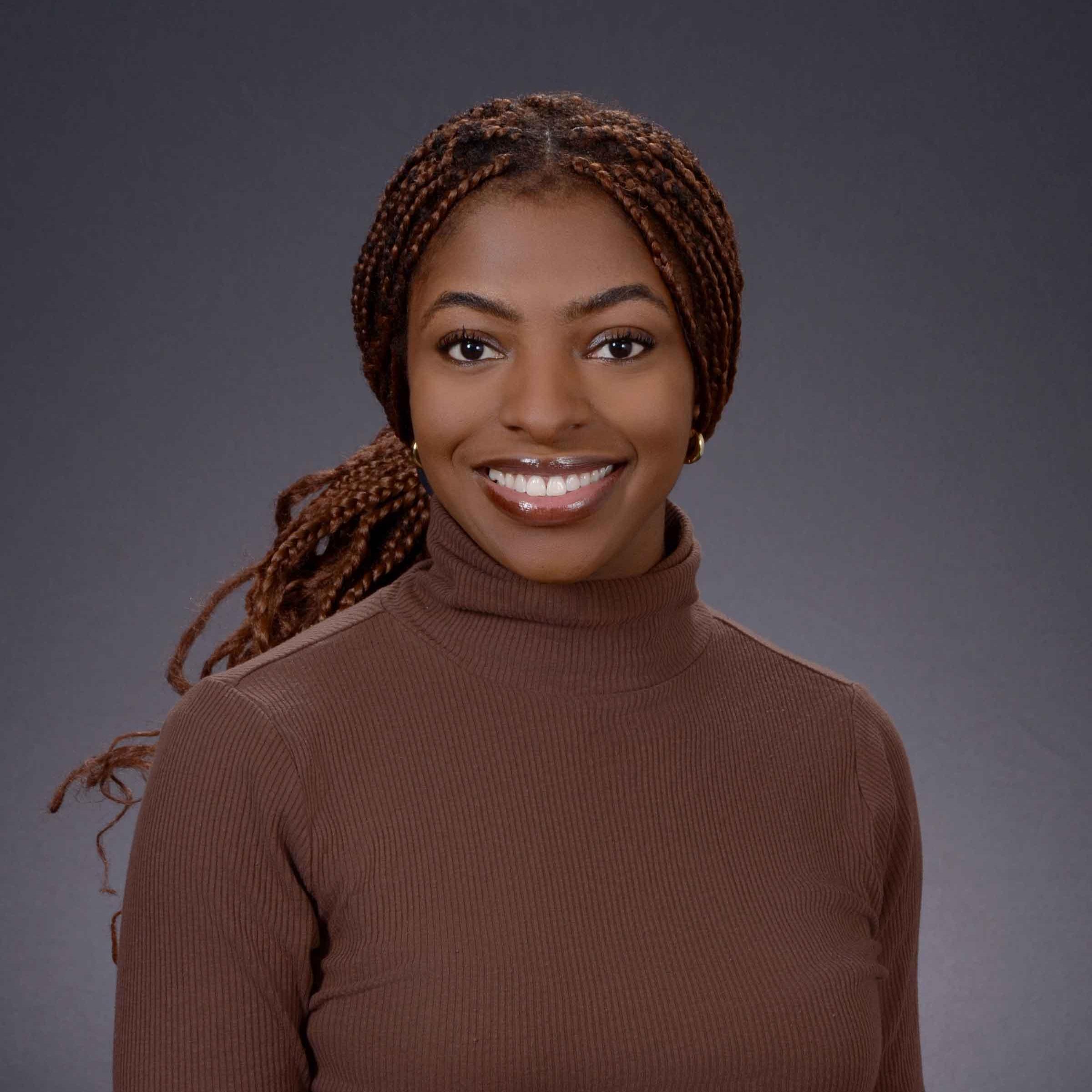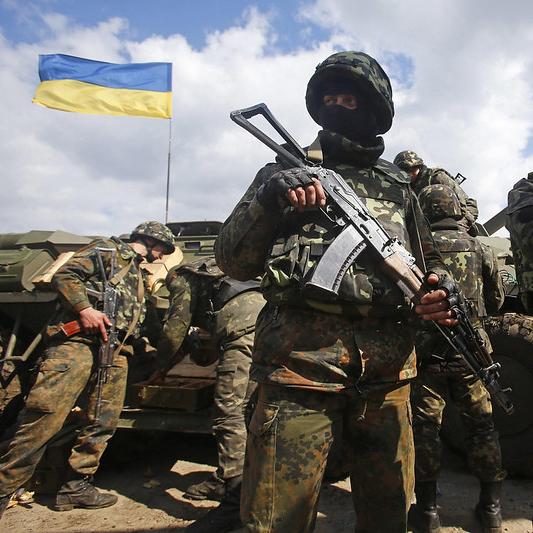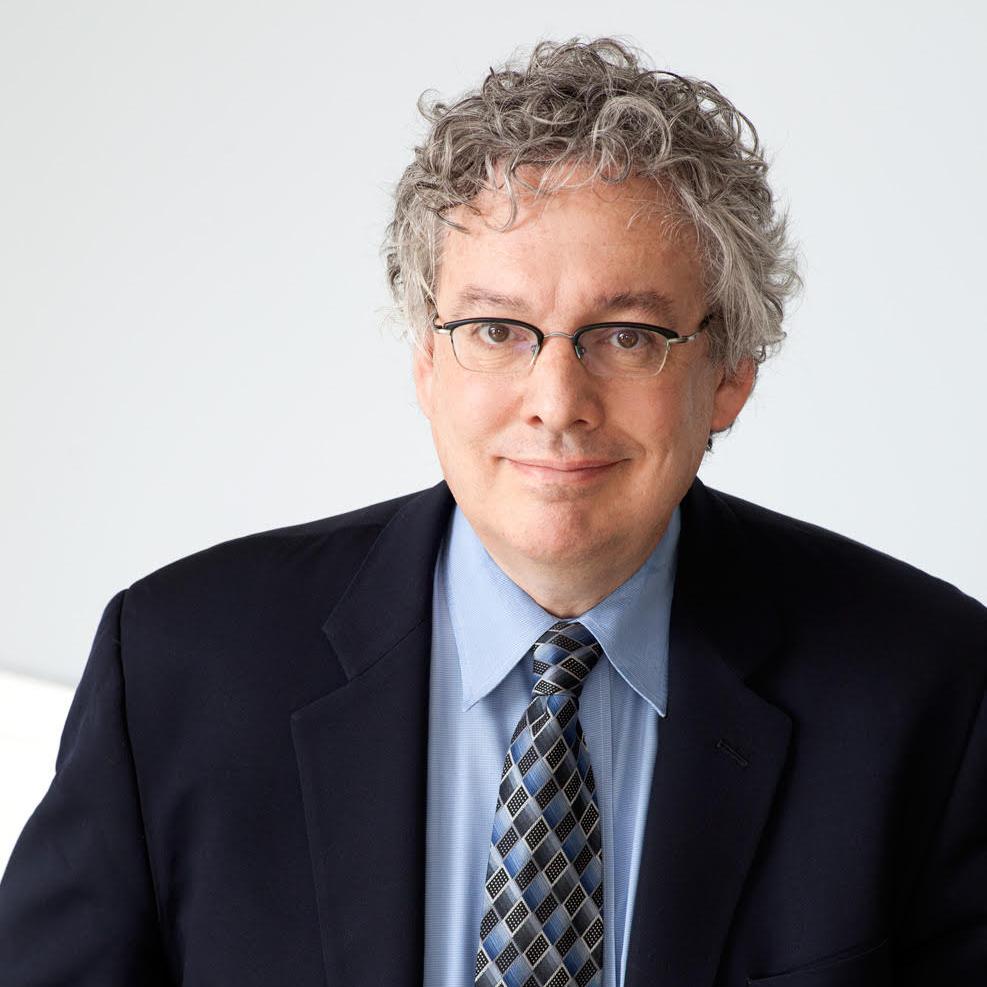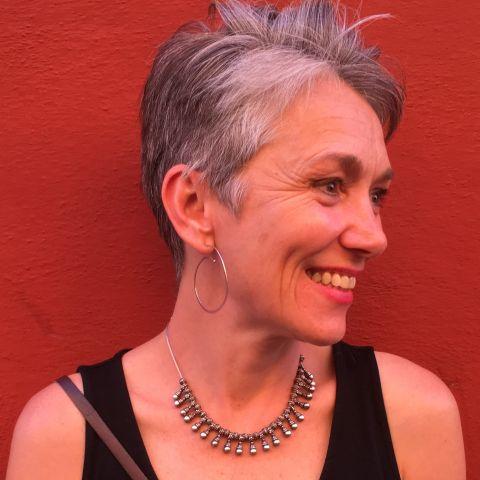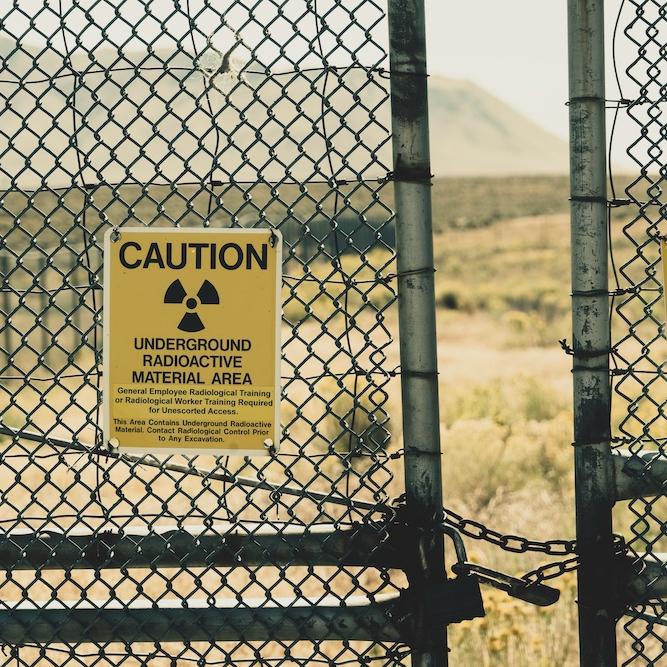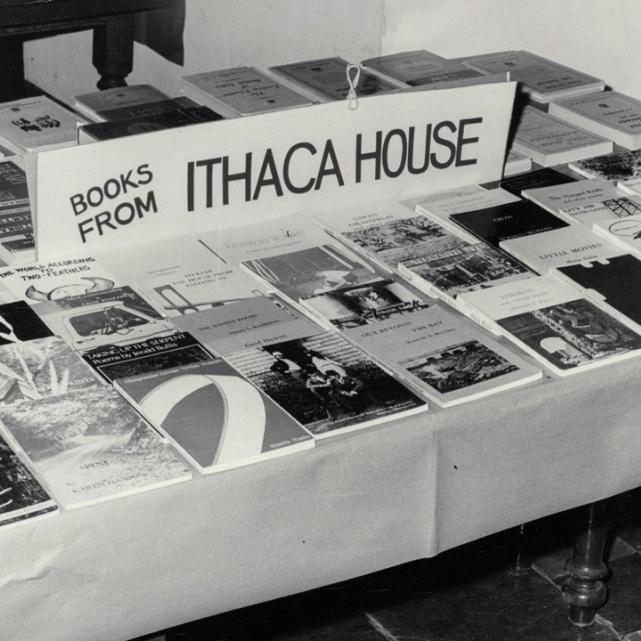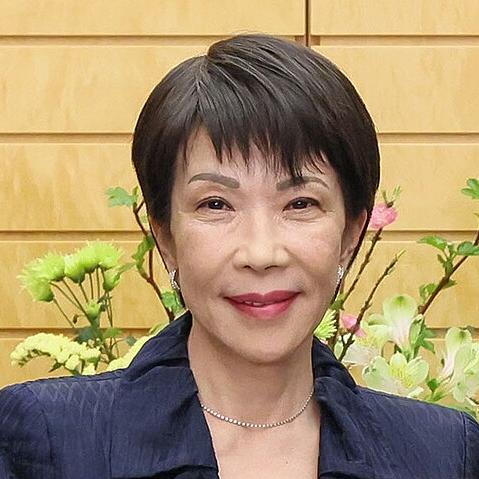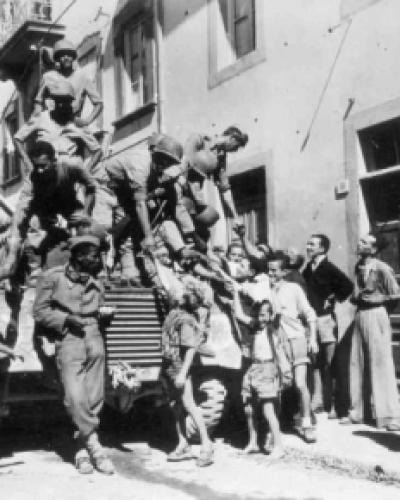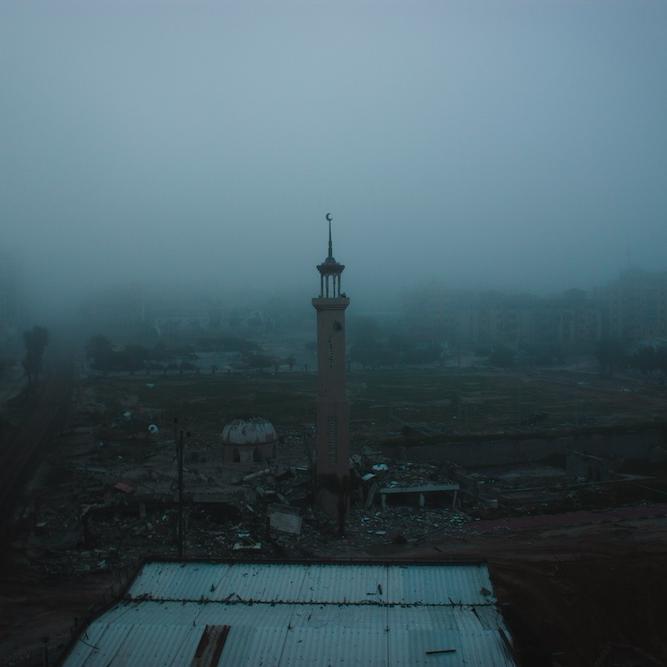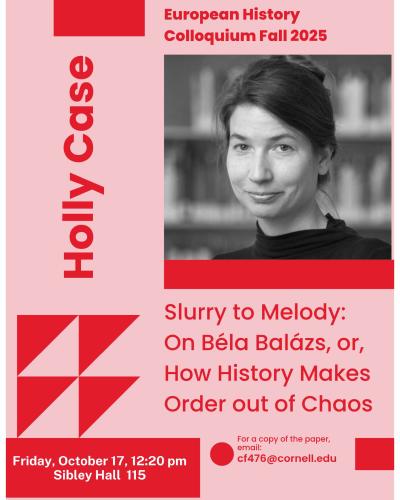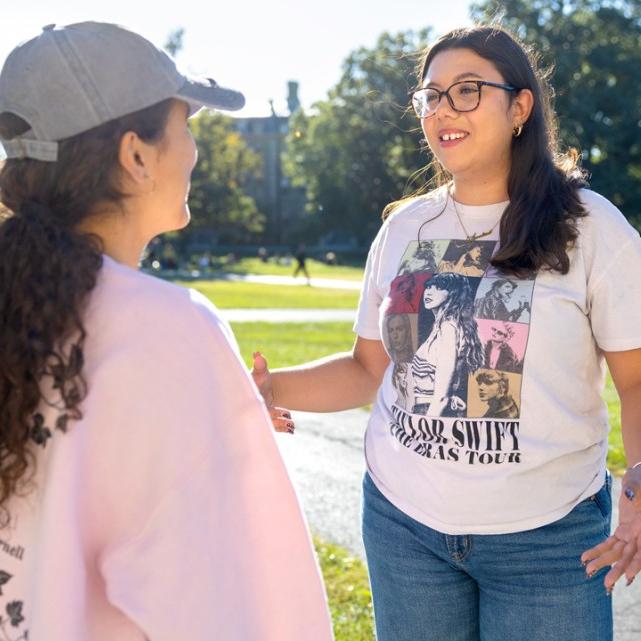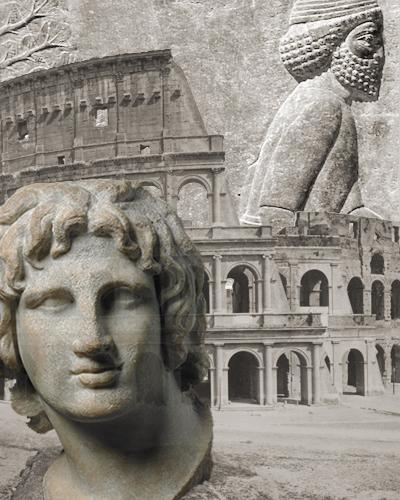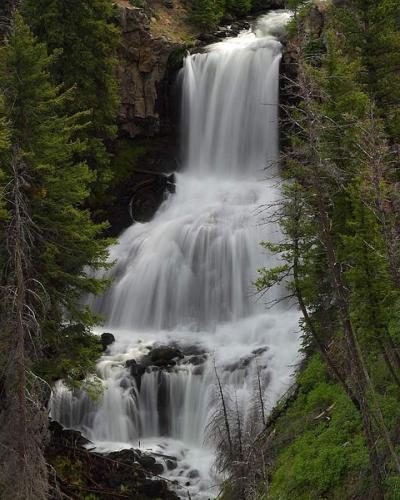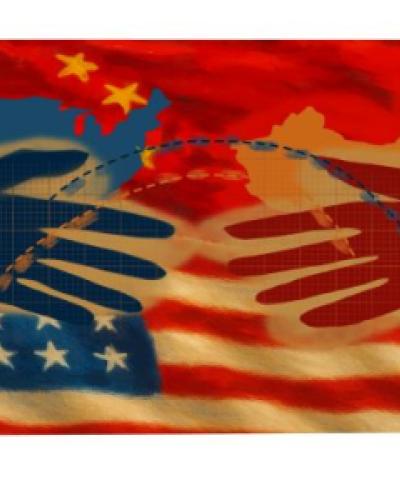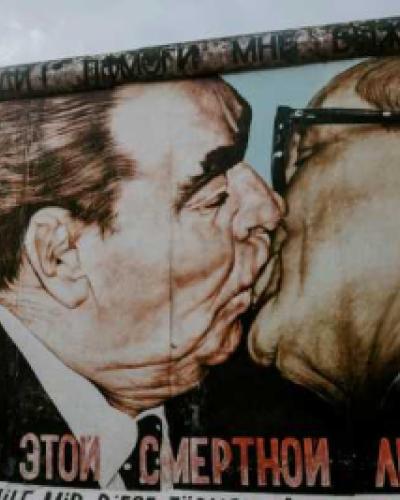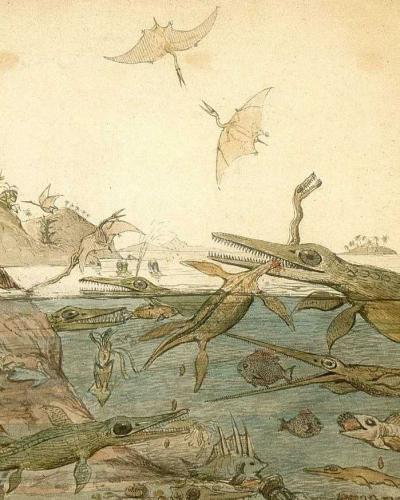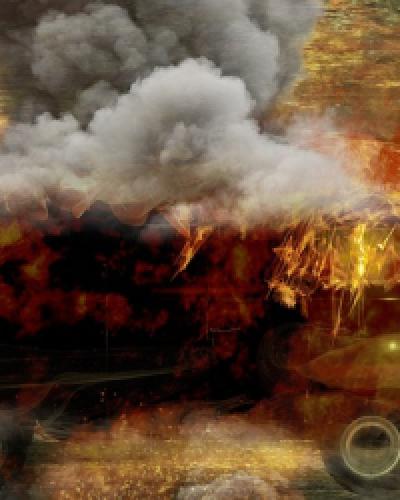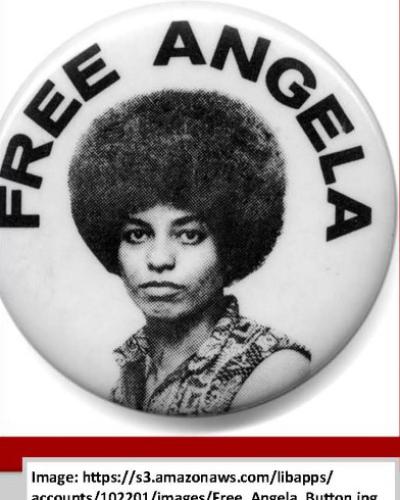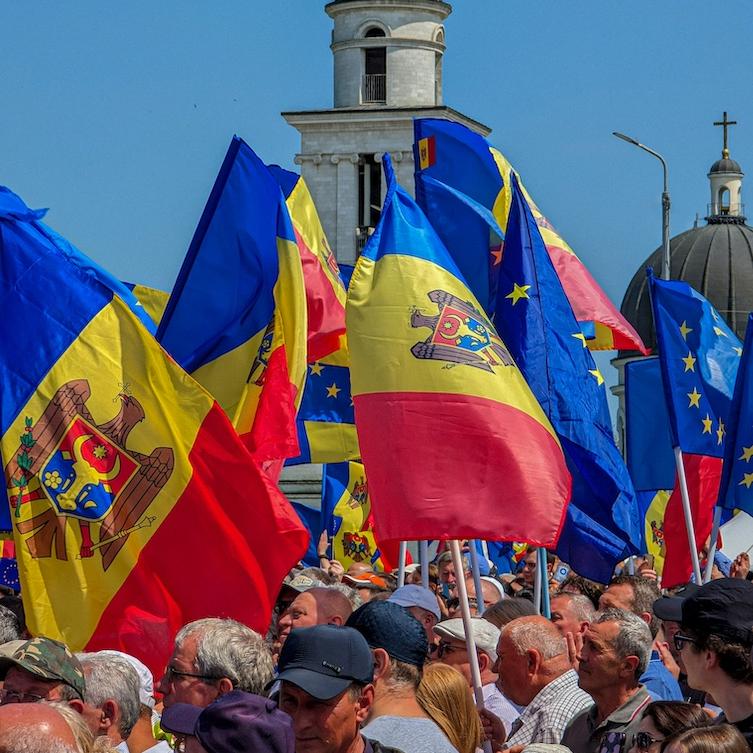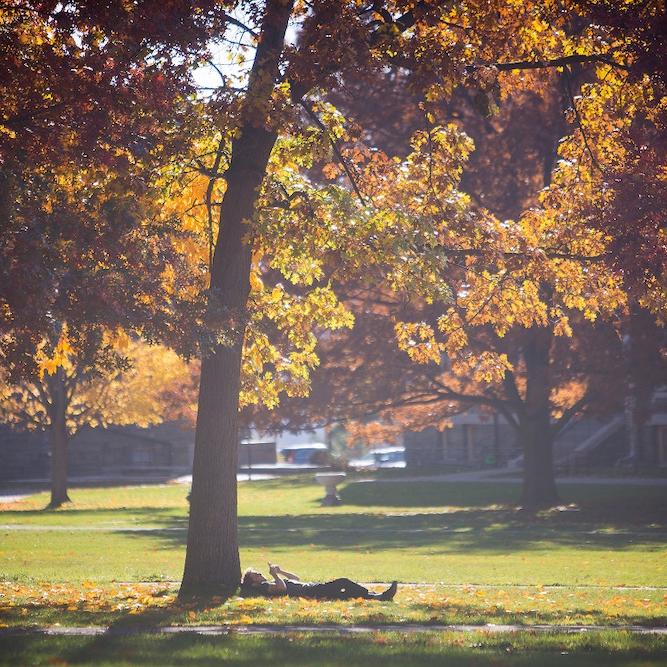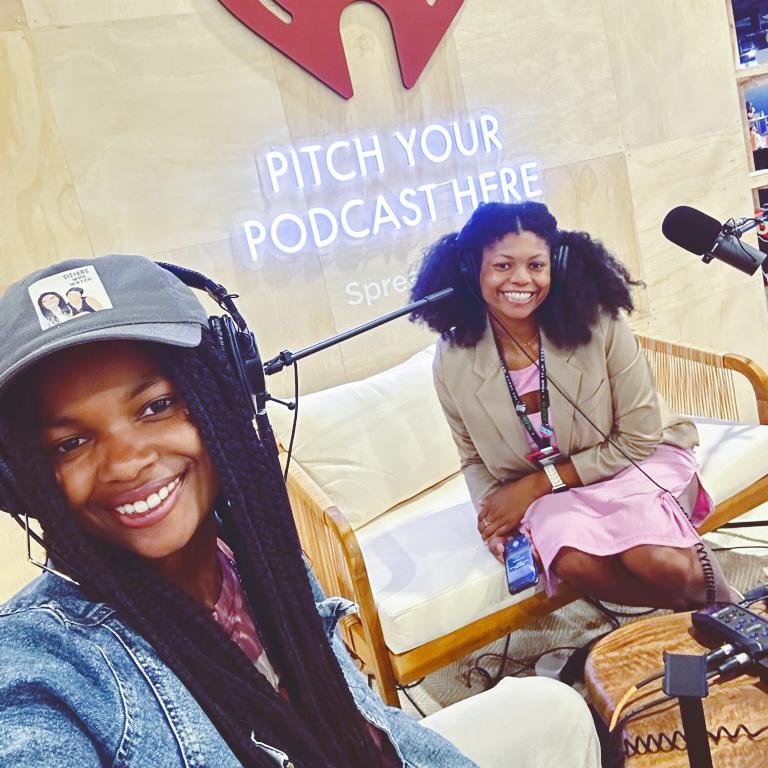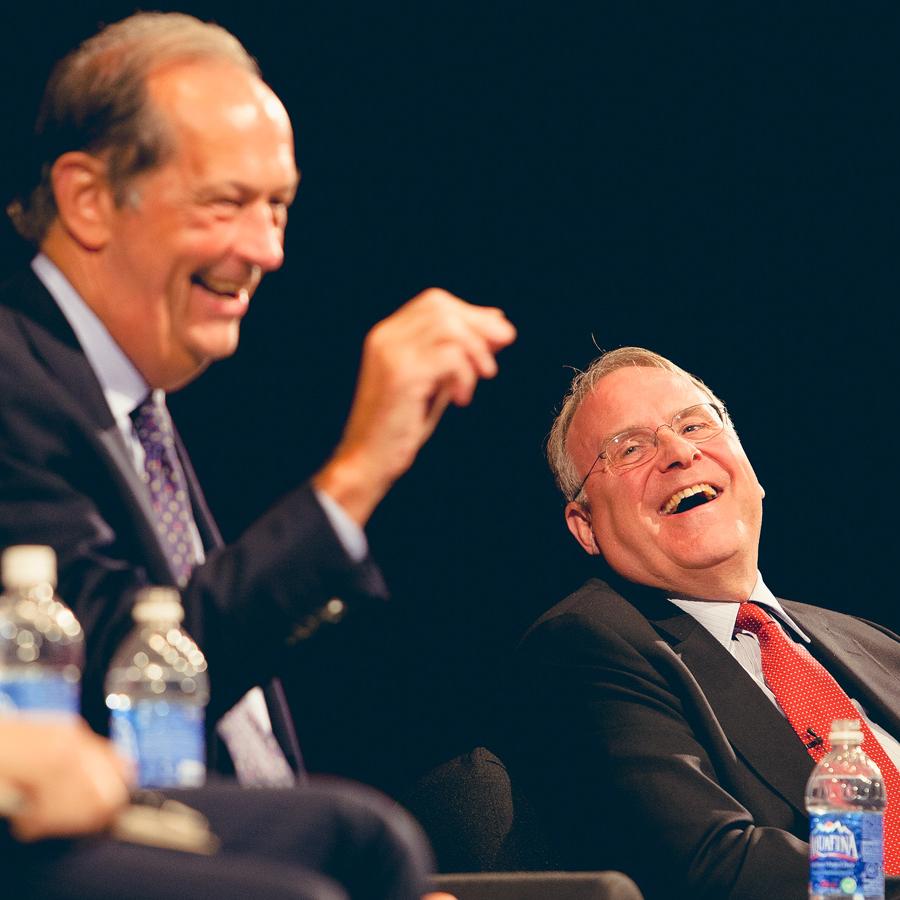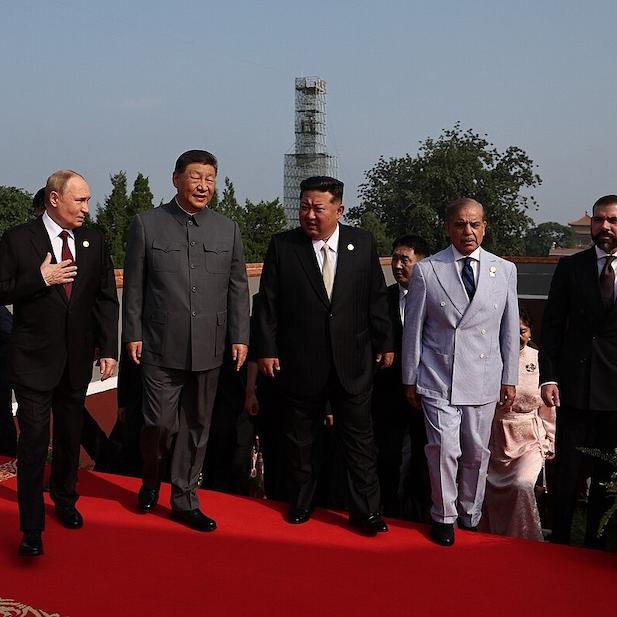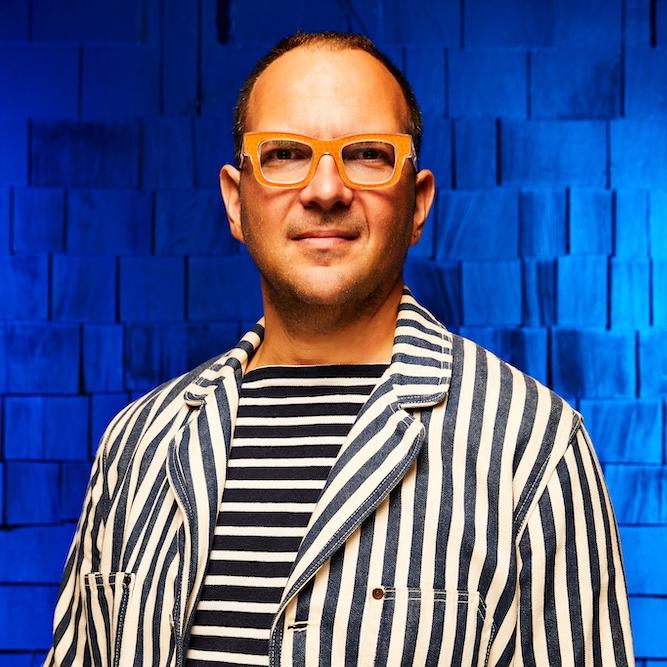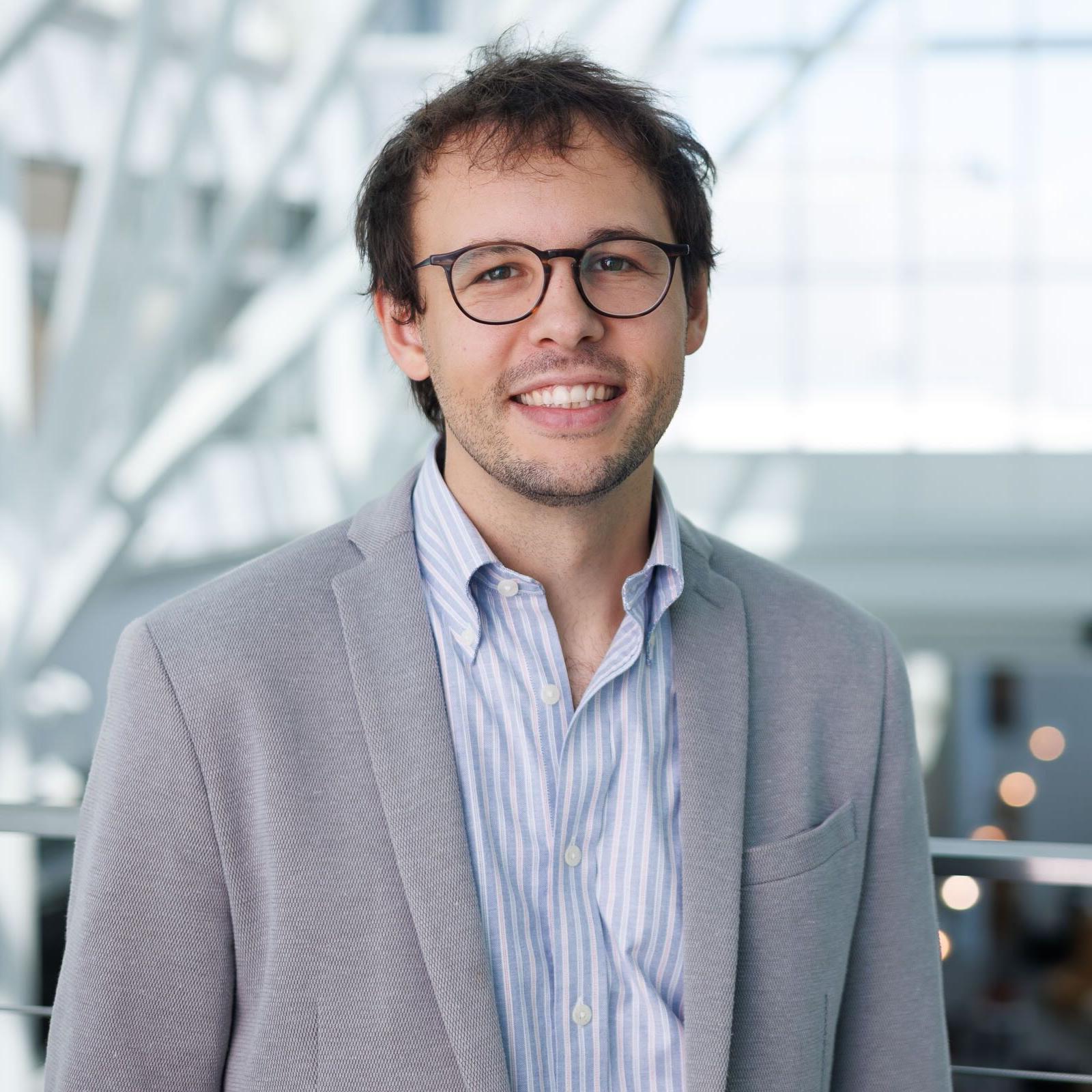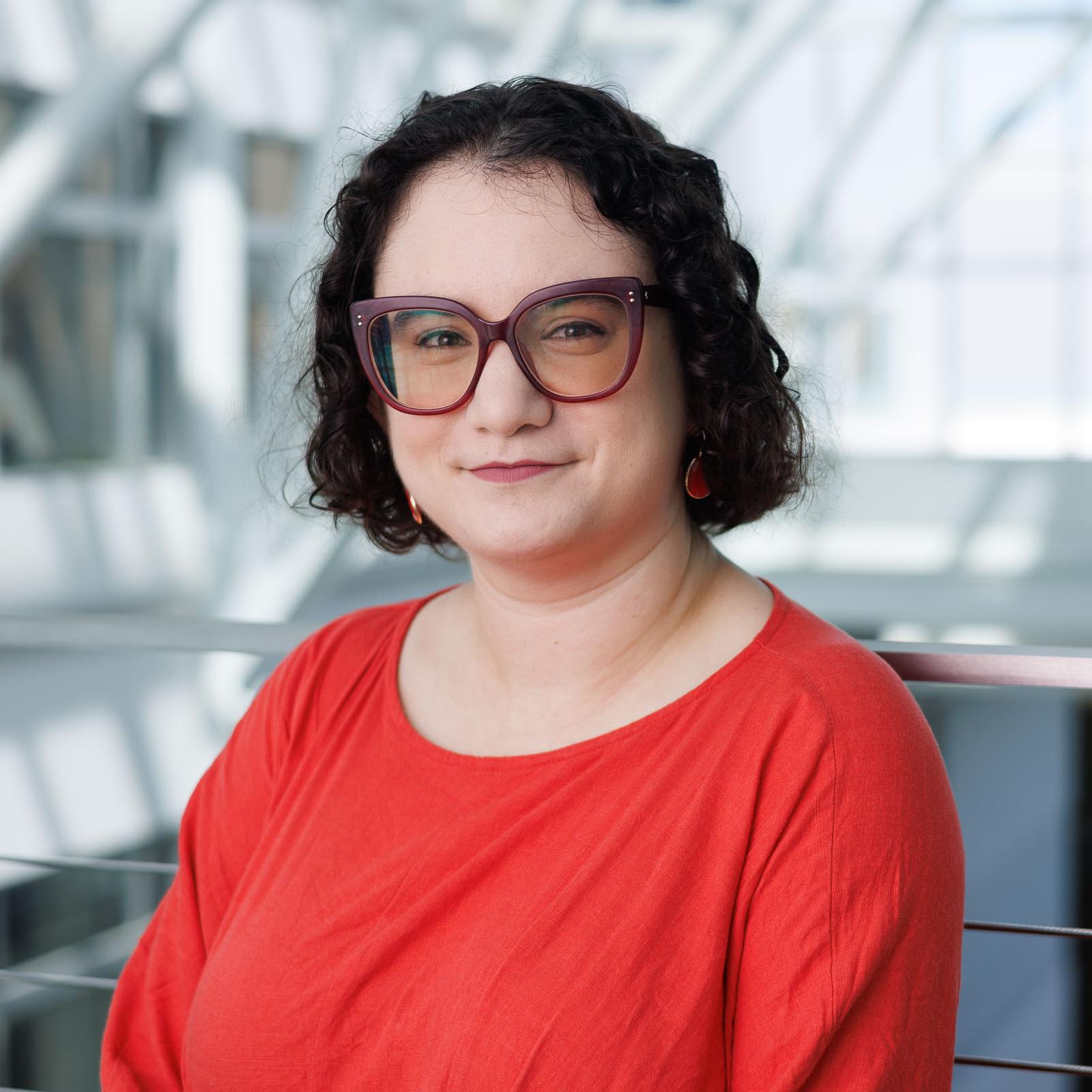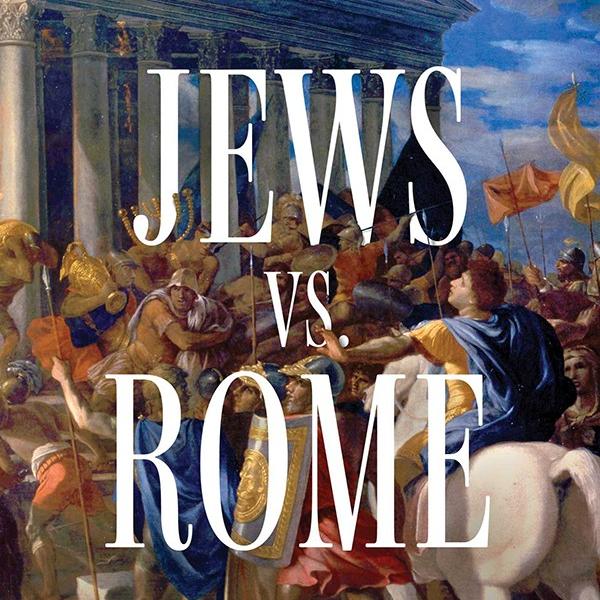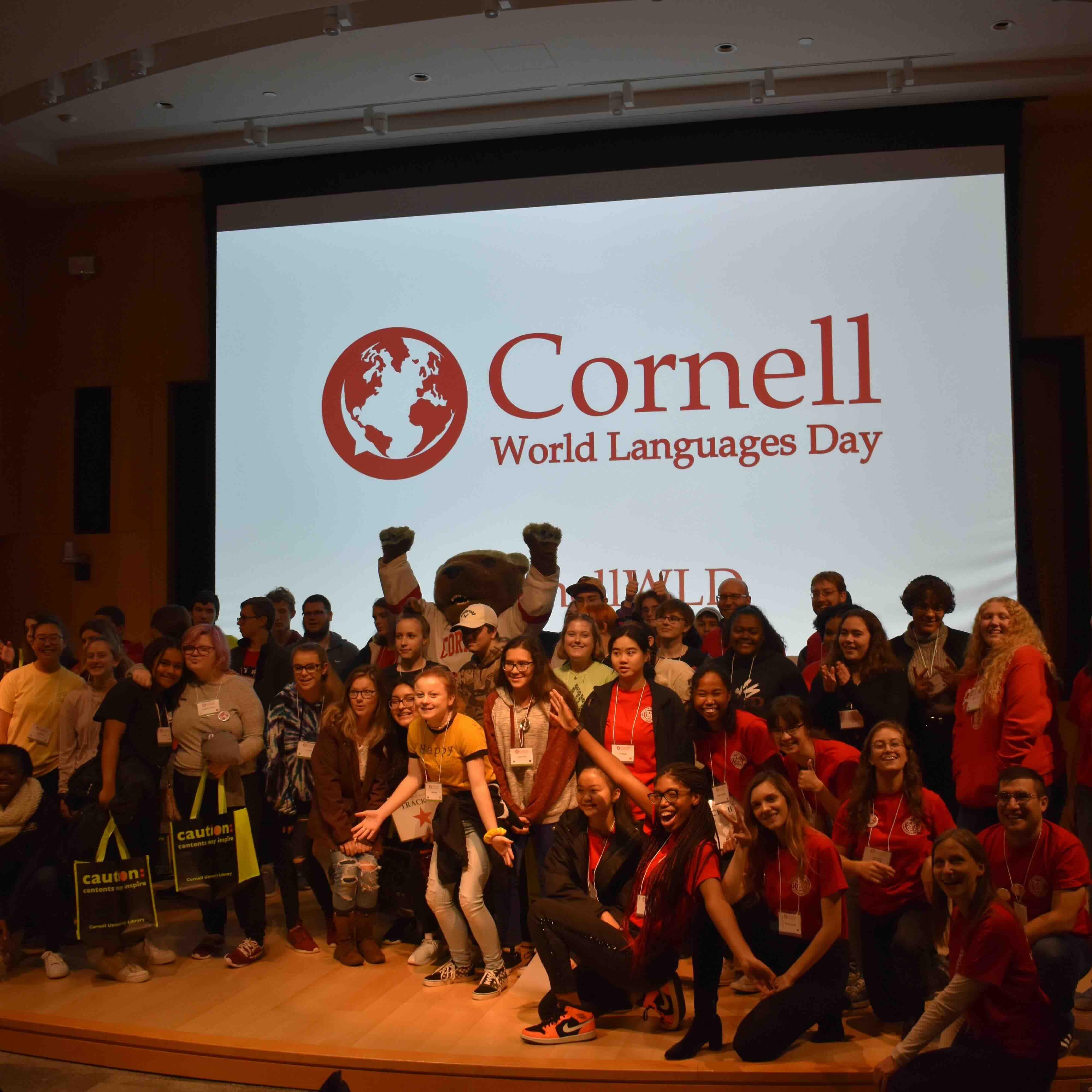HIST 4076 History of US-China Relations, 1949-2025 (also ASIAN 4076, CAPS 4076) (HST-AS, SSC-AS) (HAN)
Tuesday: 2:00-4:30 plus Independent Research
Professor Peidong Sun
How did the U.S. and China reach this precarious moment? Are they on the brink of a hot war, or can diplomacy still prevent the worst? Is a cold peace even possible? This course critically examines the history of U.S.-China relations from 1949 to 2025, exploring the key diplomatic, economic, military, social, and ideological developments that have shaped bilateral ties. Beginning with early Cold War hostility (1949–1972), the Korean War (1950–1953), and the prolonged diplomatic estrangement (1953–1972), the course traces pivotal moments such as Nixon’s historic rapprochement (1972-1979), the cautious engagement of normalization (1979–1989), China’s economic rise and global integration (1990s–2008), and the evolving tensions of interdependence often described as ‘One Bed, Two Dreams’ (2008–present), shifting security dilemmas, and ongoing trade and technological competition. Special attention will be given to the contemporary landscape of strategic containment, rivalry, and the price of competition and cooperation. Through a multidisciplinary approach, students will analyze primary sources, academic literature, government reports, and firsthand accounts to assess how U.S.-China relations have evolved within a broader global context. Discussions will engage with pressing issues, including military tensions in the Indo-Pacific, economic decoupling, and the future trajectory of the bilateral relationship in an era of geopolitical uncertainty.
